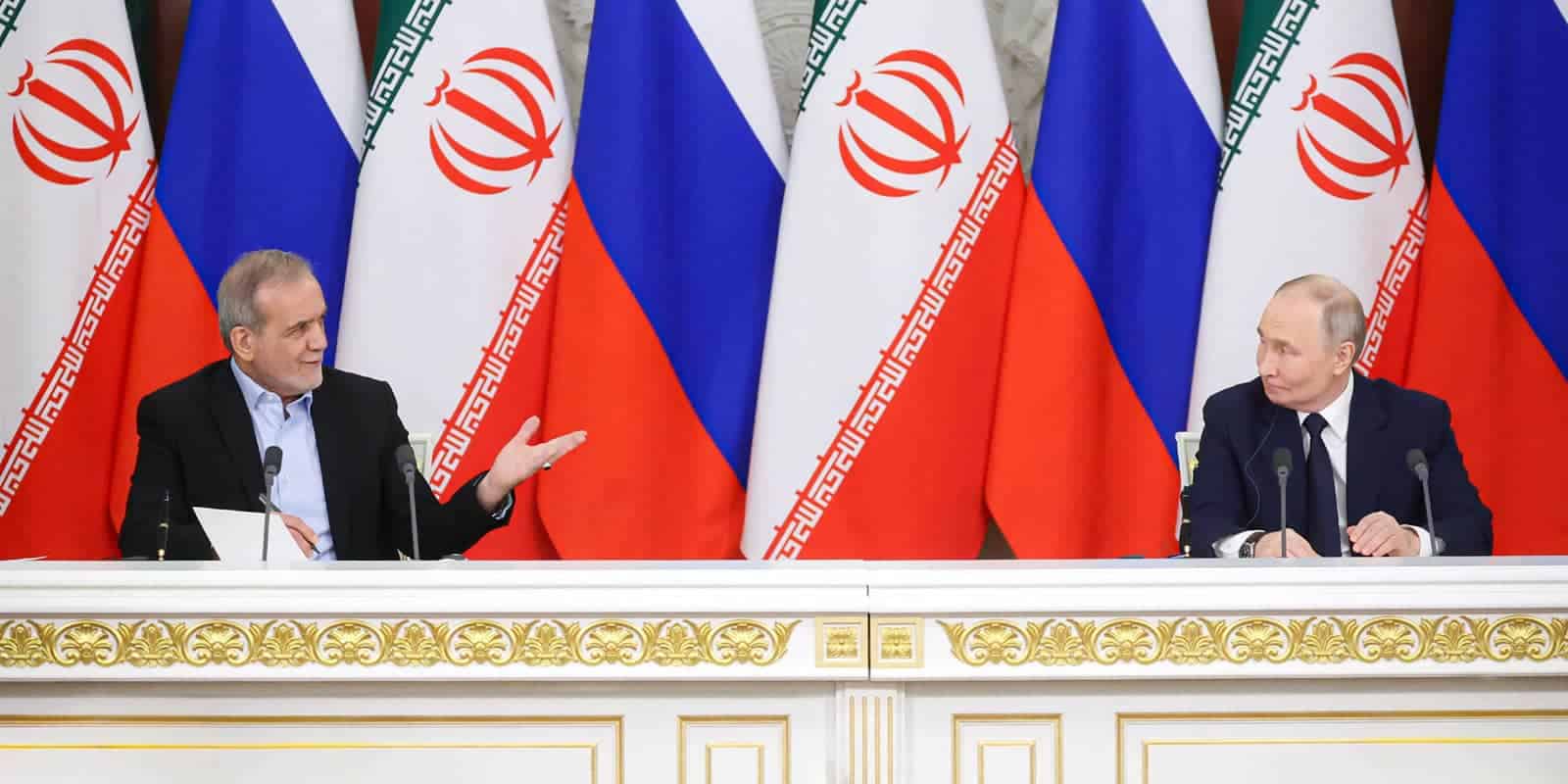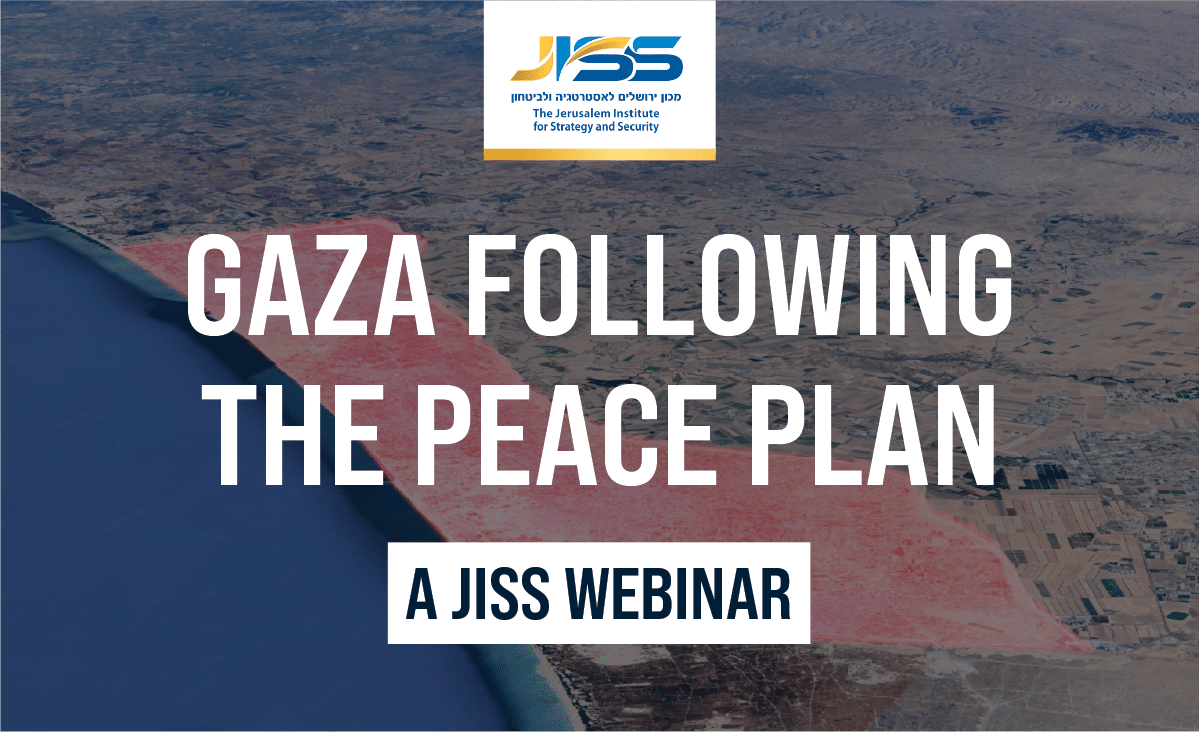At first glance, the defense agreement signed between Pakistan and Saudi Arabia on September 17, 2025, appears to be a continuation of decades-long security cooperation between the two countries. Yet it also carries far-reaching potential to reshape the security architecture of the Middle East. The timing of the agreement—shortly after Israel’s strike in Doha—as well as the growing signs of Islamization within Pakistan’s military under the command of Asim Munir, should set off alarm bells in Israel, as well as in the West and India. This is particularly true if it turns out to be the first step toward forming a security alliance among a broader circle of (Sunni) Muslim states, backed by Pakistan’s nuclear capability, in response to what they perceive as shared threats. Iran has also expressed interest in joining, though in practice both Saudi Arabia and Pakistan view such an alliance with deep suspicion.
Continuity or Turning Point?
During Pakistani Prime Minister Muhammad Shehbaz Sharif’s state visit to Saudi Arabia on September 17, the two countries announced a “mutual strategic defense agreement,” marking a significant upgrade in their long-standing security relations. The agreement stipulates that “any act of aggression against either state shall be considered an act of aggression against both.” The question is: should this be viewed as a strategic turning point?
On the one hand, the agreement signals continuity and deepening of the close defense relationship that has existed between Islamabad and Riyadh for decades—including the presence of a Pakistani brigade in Saudi Arabia during the 1980s. Officials from both countries emphasized that the accord is not directed against any specific state but is intended to bolster preparedness against current and emerging threats. It encompasses joint military training programs, coordinated defense planning, multilateral exercises, and advanced cooperation with between the defense industries of the two countries.
On the other hand, under present circumstances—with normalization between Israel and Saudi Arabia seemingly distant, and U.S. foreign policy toward South Asia under President Trump uncertain and problematic—the announcement of the Pakistan–Saudi defense pact is more than symbolic. It reflects growing mistrust toward the United States, the traditional patron of both nations, and possibly suggests that in an increasingly chaotic world, religious identity—and in this case, the role of (Sunni) Islam in both states’ national identities—is seen as the surest guarantee of mutual loyalty.
Surprisingly, the agreement was also met with approval from Shiite quarters, suggesting that the winds in the Muslim world may be shifting. Major General Rahim Safavi, senior advisor to Ayatollah Khamenei, praised the Pakistan–Saudi defense pact in a televised interview, calling it a positive step for regional security while emphasizing Iran’s military readiness. Safavi added that he recommended Iran join the framework. Senior Iranian military officials have likewise stressed that their country remains open to collective security arrangements based on Tehran’s deterrent capabilities. Safavi further asserted that Iran’s potential participation in a Saudi–Pakistani–led defense arrangement could strengthen regional security against foreign interference. In practice, however, there is every reason to believe that Iran is among the countries both Islamabad and Riyadh view as part of the threat map.
Toward an “Islamic NATO” Under Pakistan’s Nuclear Umbrella?
The agreement may represent a first building block in a broader plan emerging among Muslim leaders—to create a wider defense and political coalition under the wing of a declared nuclear power, modeled after NATO’s mid–twentieth-century precedent. Although the agreement makes no explicit reference to nuclear weapons, its deliberate ambiguity on the issue is notable. When journalists asked whether the accord placed Riyadh under Pakistan’s nuclear umbrella, Saudi officials gave evasive responses. Pakistani officials, however, were more explicit: the Pakistani defense minister stated that his country’s nuclear program “will be made available” to Saudi Arabia if necessary, within the framework of the new defense pact. When asked if others might join, he replied, “I can say the door is not closed to others.” Pakistan thus becomes the first non–NPT state to extend a mutual defense clause to a non-nuclear ally.
Despite the ambiguity regarding the nuclear dimension of the pact, the history of Pakistan’s nuclear program is filled with reports of Saudi financial assistance and political backing. In May 1998, as Washington and European capitals warned Islamabad that any nuclear test in response to India’s test conducted earlier that year would automatically trigger sweeping sanctions, Saudi Arabia reportedly stepped in with a pledge to supply 50,000 barrels of oil per day on highly favorable terms. This assurance gave Pakistan the economic breathing room to proceed with tests later that month and helped cushion the impact of the U.S. and European sanctions that followed.
Saudi Arabia, for its part, has periodically expressed interest in acquiring nuclear weapons and has warned that it would seek them if Iran developed military nuclear capabilities. In his book Fear, journalist Bob Woodward recounts a conversation in which Saudi Crown Prince Mohammed bin Salman reportedly told U.S. Senator Lindsey Graham that Riyadh planned to enrich uranium solely for civilian purposes. When Graham voiced concern about a potential Saudi bomb, bin Salman replied matter-of-factly: “I don’t need uranium to make a bomb. I’ll just buy one from Pakistan.”
Prior to the deal with Pakistan, Saudi Arabia had sought to conclude a defense pact with the United States that would guarantee it access to advanced weapons systems and a civilian nuclear program. While the Biden administration conditioned such an agreement on normalization with Israel, Donald Trump signaled readiness to move forward without that condition. Yet amid a shifting geopolitical reality—where Saudi Arabia’s leverage has at times proven insufficient to dictate regional outcomes, such as the establishment of a Palestinian state—and against the backdrop of Israel’s continued campaign in Gaza and its strike on Hamas leaders in Doha, which seemed to steer the Middle East in a new direction, Riyadh appears to have decided to accelerate long-gestating plans whose aim is clear: a significant strengthening of an Islamic military alliance.
Historical Background
As early as 2015, the “Islamic Military Counter Terrorism Coalition” (IMCTC) was launched—a move that received little attention in the West due to the U.S.-led focus on fighting ISIS at the time. For the participating nations, especially the three dominant players—Saudi Arabia, Egypt, and Pakistan—the initiative was significant. It established an intergovernmental security alliance of forty-three Muslim-majority countries dedicated to combating terrorism, a project that was the brainchild of Crown Prince Mohammed bin Salman.
In early 2017, Riyadh brought up the idea of an “Islamic NATO,” founded on partnership among the components of the Islamic umma (nation) and aimed at securing the future of Muslims worldwide, rather than relying on the West—whose commitment was seen as unstable and interest-based rather than rooted in shared ideology.
Later that year, after a period of tension with Islamabad—when Pakistan, wary of being drawn into an intra-Muslim conflict, declined to send forces to support Saudi Arabia’s war against Iran’s proxies in Yemen—Pakistani Chief of Staff Raheel Sharif was appointed as commander of the Saudi-led IMCTC. Pakistan agreed to the appointment as a gesture of its commitment to regional peace and security. The Saudi-led coalition and Sharif’s appointment were intended to alter the strategic balance at a time when Iran continued to bolster its proxies in Lebanon, Iraq, and Syria, as well as the Houthis in Yemen. Under this arrangement, tens of thousands of Saudi soldiers underwent training, and several thousand Pakistani troops were assigned to internal security duties, including the protection of Islam’s holy sites. Significantly, reports about the new defense agreement also noted that the counterterrorism coalition had just concluded a five-day training exercise in Riyadh.
Where Is Pakistan Headed?
At the same time, Pakistan’s army—numbering about half a million soldiers and ranking as the sixth largest in the world—is undergoing a pronounced process of Islamization under the leadership of Chief of Staff Asim Munir. In his public appearances, Munir frequently quotes verses from the Quran and underscores Pakistan’s identity as a religious state, reviving the debate over the ideological orientation of the modern military. Like Gen. Muhammad Zia-ul-Haq, who ruled Pakistan from 1977 to 1988 and championed a Sunni fundamentalist policy that bolstered his standing with the Saudi royal family, Munir appears to share that orientation.
Munir has built a reputation as a cold, calculating strategist who systematically eliminated rivals from the upper echelons of power. In an unprecedented move, he secured a parliamentary amendment extending his term of office from three to five years, without an age limit and with the option of further extension. These steps warrant close attention, as they reflect the political outlook that shapes his command.
Following the announcement of the new defense agreement, Pakistani Deputy Prime Minister and Foreign Minister Ishaq Dar told Al Jazeera that Arab states had already discussed the creation of a joint security force. He stressed that its purpose should be peace and stability, not aggression, and urged Muslim countries to move beyond verbal condemnations and adopt a clear roadmap against Israeli aggression. Dar criticized the UN Security Council for its failure to act decisively in long-simmering conflicts such as Kashmir and Palestine. Other Pakistani politicians, including Muhammad Ali Durrani, have followed suit, suggesting that retired Pakistani officers be made available to the Muslim world for the establishment of a dedicated force.
The new agreement strengthens Pakistan’s self-image as the defender of the Muslim world—a role it has aspired to since conducting its nuclear tests in 1998. Pakistan’s army, which possesses what is often called “the Islamic bomb,” does not see itself as a conventional national force. Rather, it envisions itself as the modern successor to the medieval Arab and Turkish armies that carried the banner of Islam across the lands of the unbelievers.
The agreement also expresses a deeper vision of integration, mutual capability-building, and collective deterrence. This development should serve as a clear warning to Israel and as a source of concern for India, given the financial resources that could now fuel Pakistan’s military buildup. Israel, which for four decades has adhered to the Begin Doctrine—vowing to prevent any regional state from acquiring nuclear weapons that could threaten its existence—may soon face a new reality of nuclear alliances among Muslim states. It must not only monitor these developments closely but also seek levers of influence to prevent the further expansion of this threat.
The fact that Pakistan is a member of the group of Muslim states with which President Trump consulted before formulating his Gaza plan, and from which he received qualified support, adds to a series of developments that merit close attention.
JISS Policy Papers are published through the generosity of the Greg Rosshandler Family.















Hamas’s Battle with Gaza’s “Rogue Clans” in the Eyes of the Palestinian Public